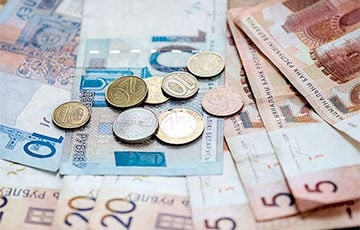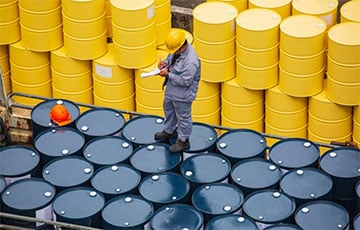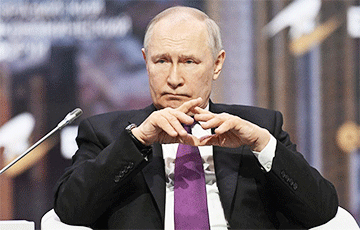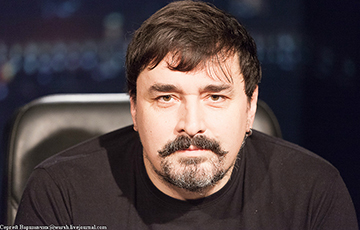Preparing For 'Big Devaluation' In Belarus: Two Reasons Revealed
19- 25.08.2022, 8:27
- 35,628

The Belarusian ruble exchange rate is an artificial thing.
Officials have suddenly started praising the devaluation of the time of Prakapovich. Why is it happening now and what are the consequences?
Economist Leu Marholin answers the questions of Charter97.org:
- Apparently, there are two reasons. The first reason is that Russia has begun to talk about the need to weaken the Russian ruble because of the budget problems. And the Belarusian ruble, as you know, is very closely tied to the Russian ruble. The Russian ruble accounts for 50% in the currency basket. The second reason is that the National Bank of Belarus has been holding back the devaluation for a very long time. After a short burst at the end of February - beginning of March, the exchange rate has remained very stable and this is not really good for the Belarusian budget and the Belarusian economy, because it is not beneficial for exporters. That is why memories of that time and talks about a possible new devaluation are associated with the rise or strengthening of agricultural enterprises, which are one of such our export assets.
- Lukashenka said that the devaluation of the rouble helped in "saving" the Belarusian agriculture. How has it really affected the economy of Belarus and the well-being of its citizens?
- First, one should say that by that time certain work had been carried out to develop and reconstruct agriculture, especially the dairy industry. And the level it reached far exceeded domestic demand. To export products, in particular - to the Russian Federation, it was necessary for these products to be competitive. The weaker the national currency, the more competitive the production, the prices can be reduced in foreign markets without reducing ruble revenues. And this makes it possible to increase exports. Obviously, that's what Lukashenka had in mind when he said that it saved the agriculture.
- How much is the exchange rate of the Belarusian ruble being held back today and what might be the consequences of the devaluation?
- If we talk about agriculture, I think that it is not being held back in any way. The Belarusian ruble has weakened a lot against the Russian ruble recently. If the exchange rate has remained stable in relation to the dollar and the euro, the rate has fallen substantially in relation to the Russian ruble. And the agriculture has already used up all the resources connected with the fall of the exchange rate. There is another point here. If the Russians depreciate their currency, and Belarusians do not, then it will turn out that the Belarusian ruble will get stronger against the Russian one. And it won't be 100 rubles for Br4, but three or three and a half, as it used to be. And this can have a negative impact on the export of agricultural products. And considering that other major export clusters of our economy are under sanctions, in particular, potash fertilizers, oil refining, wood processing, metallurgy, tyres and so on, agriculture will also fail, it will be very critical. Perhaps, all this talk is really about the need to stay in tune with the Russian ruble.
- What are the reasons for the Belarusian ruble weakening against the Russian ruble?
- To a large extent this is connected to the fact that the sanctions that have been imposed on Russia have primarily affected Russian imports. Russian exports, which are mainly energy, gas, oil and refined products, are almost unaffected. In the conditions of growing prices it even grew in money terms. The opposite is true in Belarus. All sanctions were imposed mainly against exports, and imports remained more or less free. Therefore, Russia had a surplus of currency, and Belarus, on the contrary, had a shortage. This explains the need to weaken the Belarusian ruble against the Russian ruble. Besides, there were also subjective aspects. Enterprises were continuously provided with soft loans by the government. And if the exchange rate of the Belarusian ruble had been falling, it could have caused a negative impression. The exchange rate of the ruble in Russia and here is largely artificial and supported by the government.











